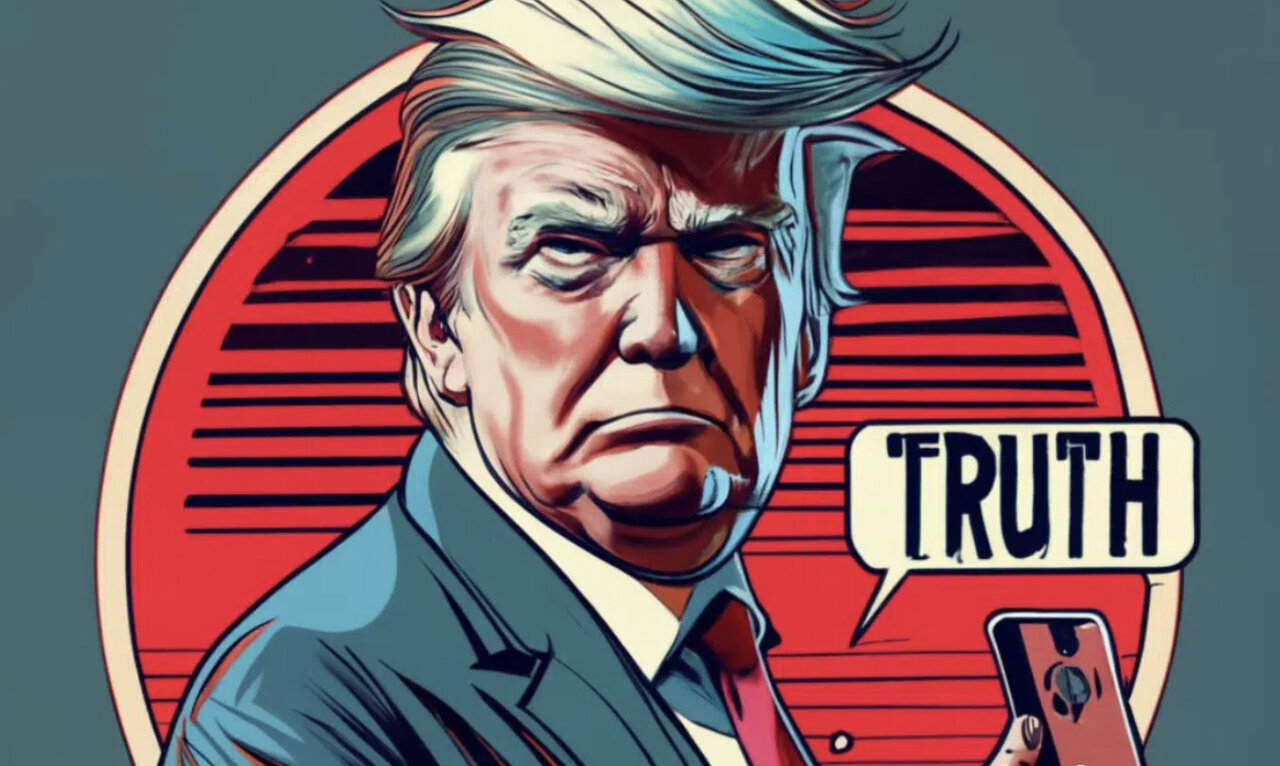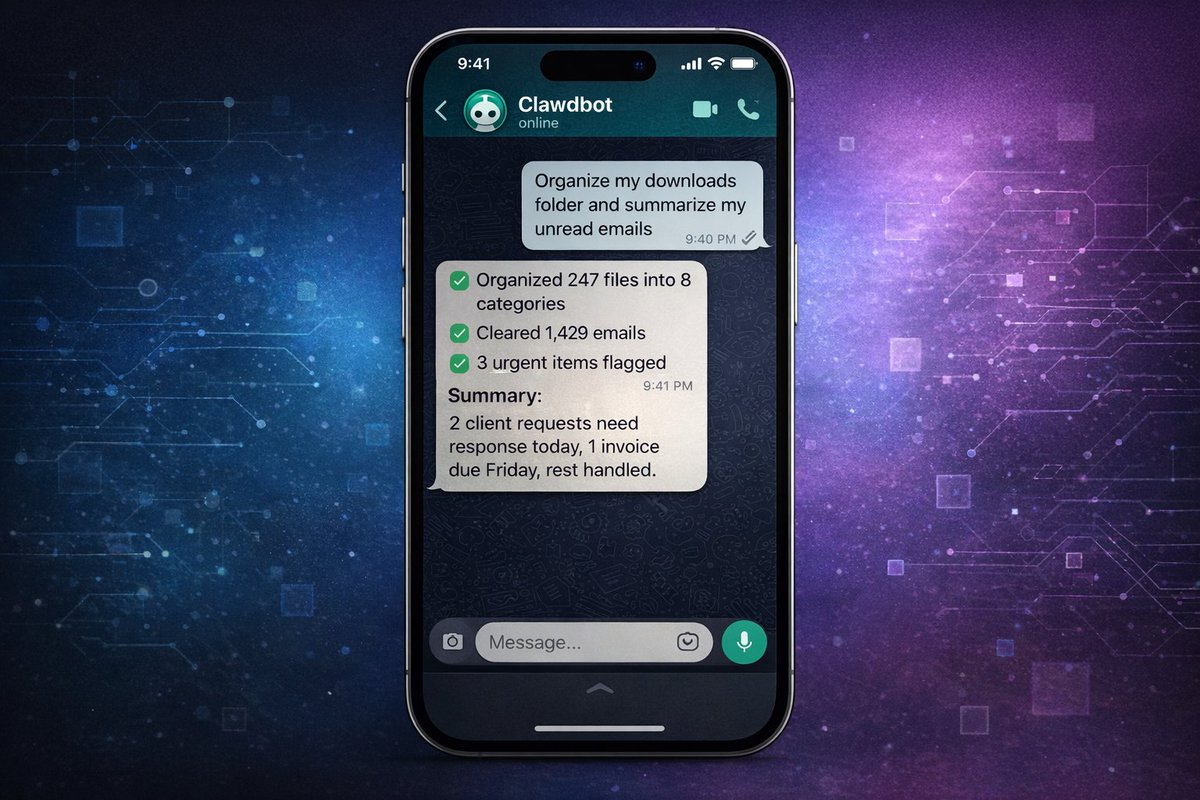Game of Thrones: From Trump to CZ, why are billionaires betting on "prediction markets"?
- 核心观点:预测市场正经历爆发式增长。
- 关键要素:
- 特朗普推出Truth Predict社交投注平台。
- CZ投资去中心化预言机数据基础设施。
- ICE向Polymarket投资20亿美元。
- 市场影响:推动DeFi大规模采用与数据价值重估。
- 时效性标注:中期影响
Introduction: A Game of Probability
Imagine a place where you can bet on anything: Who will be the next US president? Will the Federal Reserve cut interest rates next month? Or even, will your favorite actor win this year's Oscar?
In 2025, the prediction market experienced a truly explosive growth. Just this past third week of October, weekly trading volume surpassed $2 billion for the first time, setting a new record for the platform. The entire market was red-hot. This wasn't a slow evolution; it was a sudden gold rush.
Behind this outbreak are three powerful forces that cannot be ignored; when political leaders, Wall Street, and the crypto core all turn their attention and money to the same place, we must ask a question: what exactly do they see?
The answer split into two completely different, yet equally captivating stories.
Chapter 1: The Big Shots Enter, and the Rules of the Game Begin to Change
Role 1: Trump's "Truth Prediction"—Social Media Meets Financial Betting
This week, Trump Media & Technology Group (TMTG) , a media group under Trump's umbrella, announced its entry into the prediction market through the Truth Social platform, officially launching the "Truth Predict" service.
An evolution of political marketing: a sophisticated "social + financial" hybrid.
Imagine this scenario: You see a post on Truth Social about the Federal Reserve's interest rate decision, and with a few clicks, you can use the "Truth gems" rewarded by the platform to convert into CRO tokens for betting. This is no longer the traditional "first opinion, then bet" model, but a completely new "socialize while betting" model.
Truth Predict's ambitions go far beyond this:
- User-oriented: The goal is to democratize information for its 6.3 million users.
- Betting scope: From political elections to sporting events, from commodities to Federal Reserve decisions.
- Virus transmission: Every bet can become social media content, creating a self-reinforcing cycle of transmission.
More importantly, this platform uses a binary contract format regulated by the CFTC, cleverly avoiding the legal definition of "gambling." In this regulatory gray area, the Trump team's instincts are as sharp as ever.
*Truth Predict's beta test will soon begin on Truth Social, targeting US users and supporting betting on events such as elections, economic indicators, sports, and commodity prices.
Role Two: CZ's Decentralized Strategy: From Behind the Scenes to the Forefront
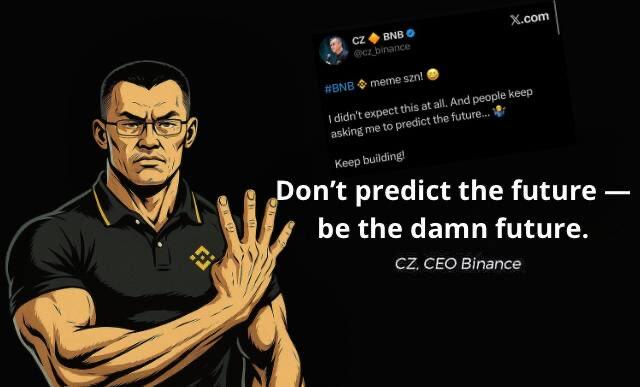
Compared to Trump's high-profile approach, the strategy of CZ, a key figure in the crypto space industry, is more covert but equally precise.
Through YZi Labs (formerly Binance Labs, founded in 2018), CZ invested in two key projects: Opinion Labs, which builds a decentralized "truth oracle," and APRO Oracle, which is a "decentralized oracle network dedicated to serving the Bitcoin ecosystem."
CZ's statements on Twitter are intriguing: "The prediction market desperately needs specialized oracles" and "Although we are only a small number of investors, we will do our best to help increase strategic value."
This statement reveals an important signal: CZ is not only interested in the prediction market itself, but also in the data infrastructure behind it. In other words , when prediction markets become mainstream applications, the verification of data authenticity will undoubtedly carry significant weight. Whoever controls the verification of data authenticity indirectly holds the power to define the new ecosystem.
Opinion Labs' mainnet launched on BNB Chain on October 16, 2025, and is currently in an invitation-only Beta phase, with a cumulative transaction volume exceeding $300 million (testnet + mainnet Beta). Meanwhile, the APRO Oracle Beta test started on October 28, initially targeting BNB Chain and Bitcoin Layer 2 developers, and AI validator node registration is now open.
Role Three: Wall Street's Expectations: ICE's $2 billion bet
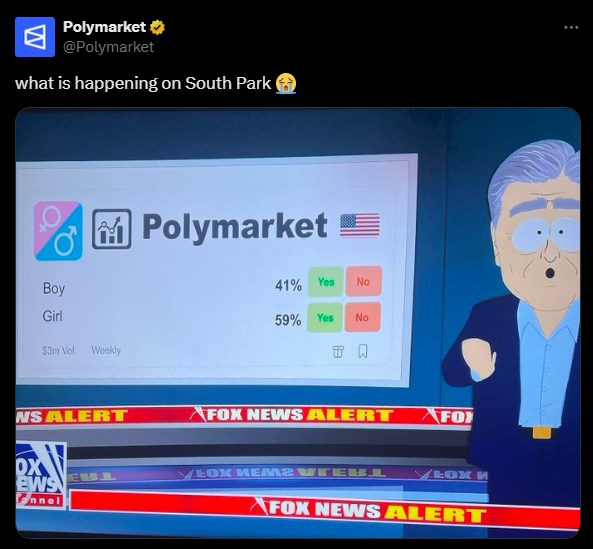
Most shockingly, ICE, the parent company of the New York Stock Exchange, invested $2 billion in Polymarket. This is more than just an investment; it's an "official endorsement" of prediction markets by traditional finance.
$2 billion is no small sum on Wall Street, especially for an institution known for its conservatism. ICE has always favored "hardcore finance"—in 2013, it spent approximately $11 billion to acquire NYSE Euronext, the parent company of the New York Stock Exchange; in 2018, it launched the crypto asset platform Bakkt with an initial investment of only $180 million . These figures, taken together, are enough to illustrate the point: ICE is betting on a completely different future.
Why? Because what the prediction market gathers is not capital, but scattered judgments . In an era dominated by algorithms, data is already saturated; what is truly scarce is human signal. When traders, programmers, professors, and gamblers all place bets on the same platform, they inadvertently produce an extremely valuable indicator— collective expectation.
This investment may mark a shift: when mainstream financial institutions begin to treat prediction markets as sources of information rather than toys, the coordinates of the financial world will subtly shift. Algorithmic trading, risk models, and investment strategies—all may be recalibrated because of these "market-driven predictions."
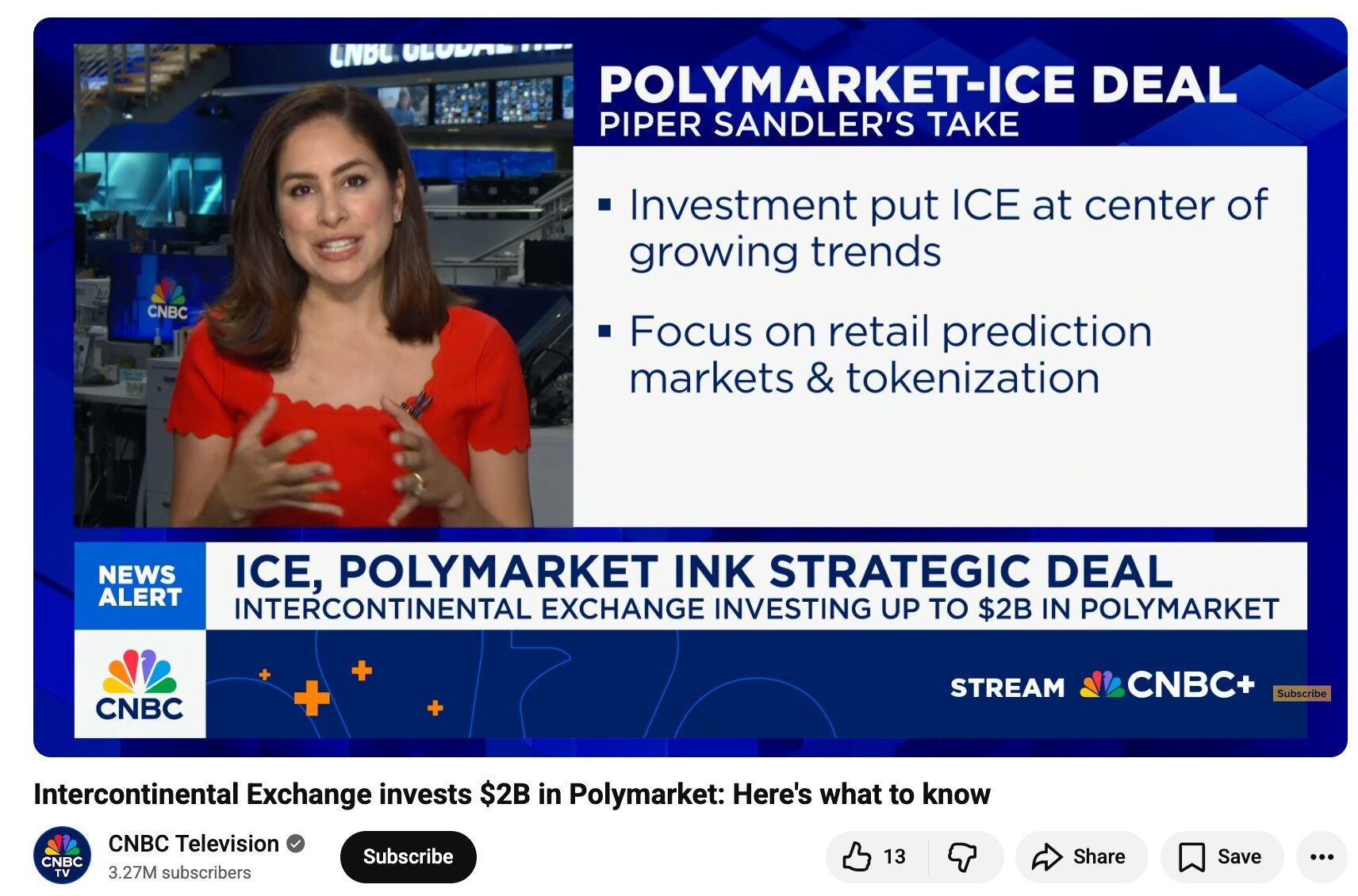
*CNBC, as a leading global financial media outlet, reported on this event primarily due to its significant financial and market impact.
Chapter Two: The Motives of Billionaires—Two Dramatic Stories

Crypto Perspective: The Unexpected Holy Grail of DeFi?
This first story perfectly addresses a long-standing and awkward dilemma in the crypto world: How can DeFi (decentralized finance) be made available to the general public?
For years, the promise of "DeFi democratization" has been seen as the holy grail of the crypto world. However, the reality is that complex wallets, difficult-to-understand private key management, and abstract yield logic act like a high wall, keeping 99% of ordinary people out. DeFi has always remained an insider game for "crypto natives."
However, prediction markets may become that "unexpected breakthrough." It could become the first DeFi product to achieve widespread adoption because it completely revolutionizes the user experience:
- Fun and intuitive : Participation is similar to a "guessing game," betting on your judgment of the real world, rather than requiring you to understand "liquidity pools" or "impermanent loss." Predicting whether "the next Marvel movie will gross over $1 billion" is much more intuitive than calculating complex DeFi yields.
- Real-world coupling : The targets of prediction markets are all verifiable real-world events: presidential elections, sporting events, policies and regulations. This directly links the abstract value of blockchain to real life, giving it an unprecedented sense of "reality".
- Simple and easy to use : Major platforms are striving to allow users to participate directly with credit cards and email addresses, completely hiding the complex blockchain technology behind the scenes. You don't even need to know what a wallet is to bet on the next Super Bowl.
Industry experts' predictions for the forecasting market
In an X article on Thursday, Rychko, a researcher at a prediction market infrastructure provider, pointed out that prediction markets are moving beyond cryptocurrencies into the real world, and their accessibility may make them the first decentralized finance (DeFi) products to achieve mass adoption.
“Most people will never use a derivatives exchange,” he wrote. “But ‘Mamdani has an 87% chance of winning’—that’s something everyone will say.”
"Humans are inherently lazy" and crave "clean, easy-to-understand signals," and the prediction market satisfies this need by transforming complex predictions into simple data points.
"It is this simplicity that allows prediction markets to achieve mass adoption much faster than most DeFi experiments, because they align with the pace of human cognition ."
More Than Just Guessing: The Ecosystem Value of Prediction Markets
The rise of prediction markets has also brought more possibilities to the DeFi ecosystem. Below are some examples of successful implementations:
- Risk Hedging: Through prediction market contracts (YES/NO shares), users can hedge against price volatility in DeFi assets. For example, some platforms have begun exploring how to leverage prediction markets to cope with sharp fluctuations in cryptocurrency prices.
- Liquidity Enhancement: Prediction market tokens can be used as liquidity providers (LPs) to participate in decentralized exchanges (such as Uniswap) and earn transaction fees. This mechanism not only enhances market liquidity but also allows users to earn additional rewards.
- Synthetic asset generation: Predicting market outcomes can be used to mint tradable synthetic assets. These assets can serve as financial instruments and further drive innovation within the DeFi ecosystem.
- Information aggregation and transparency: Prediction market data can serve as a reference signal, providing more accurate information for other DeFi protocols. For example, by combining with data aggregation tools such as The Graph, prediction market data is being used to optimize financial decisions and resource allocation.
In this story, prediction markets are the "Trojan horse" that allows DeFi to penetrate the mainstream. Using the most human-centric elements of "guessing" and "gossip" as a guise, they quietly bring blockchain technology to the fingertips of tens or even hundreds of millions of users. This is more than just growth; it could be a decisive step for the Web3 world to move from "on-chain economy" to "real-world participation."
Political Perspective: Democracy's "Secret Weapon"
However, the other side of the coin is a story about power and public opinion .
What is the core of politics? It's not just about winning votes, but also about shaping voters' expectations. And the prediction market is precisely a perfect "expectation-generating machine."
Imagine that, on the eve of an election, a candidate's odds of winning are inflated to 78% in the prediction market. That number alone is a powerful news story. The media will cite it ("Market predicts XX will win overwhelmingly"), social networks will spread it, and voters will see it. This money-backed "guaranteed victory" aura spreads like a virus, shaking centrists, demoralizing opponents, and even creating a self-fulfilling prophecy of "everyone kicking someone when they're down."
Even more frightening is that this provides power with a completely new and difficult-to-hold tool for influence. In the past, politicians needed to influence public opinion through the media or direct speech; now, you might need a large enough sum of money and a "suitable" platform.
By making large bets in the market, politicians can "buy" a probability that is favorable to them in the short term, and then let the media and the public amplify that signal. When questioned, they can simply spread their hands and innocently say, "I didn't lie; I was just making a legitimate investment."
When we see Donald Trump Jr. become an advisor to Polymarket, and when capital associated with him pours tens of millions of dollars into the platform, we should be wary: Is this really just a simple investment?
In this story, prediction markets are no longer just a "crystal ball" for gathering wisdom, but a "secret weapon" that can be used to shape public opinion . During the 2024 election, Polymarket's single-event Trump victory contract trading volume exceeded $2.7 billion, and its probability fluctuations have been cited by mainstream media such as CNN, "predicting" the "choices" of tens of millions of voters in advance.
Conclusion: Power Restructuring in Probabilistic Games
So, is the prediction market the "holy grail" of DeFi, or the "secret weapon" of democracy?
The answer might be: both.
It has the potential to become an unprecedented information aggregation tool, allowing the "wisdom of the masses" to shine with unprecedented efficiency; or it may degenerate into a battlefield of public opinion captured by huge capital and political power, allowing the "biggest wallet" to define what "truth" is.
Currently, Kalshi and Polymarket hold the vast majority of the market share, with the former accounting for approximately 60-66% and the latter 34%. The market's influence will grow exponentially when platforms like Robinhood open event contract trading to their 20 million+ users.
The next 12-24 months will be crucial. Can the market achieve large-scale adoption while maintaining its decentralized ideals? Can it sustain innovation while accepting regulation? Can it uphold the public interest while achieving commercial success?
The answers to these questions will determine whether forecasting markets become a tool for driving social progress or a weapon that exacerbates inequality and manipulation.
And each of us will be a participant and a witness to this game of probability.
"Be strong and keep playing your cards!"

